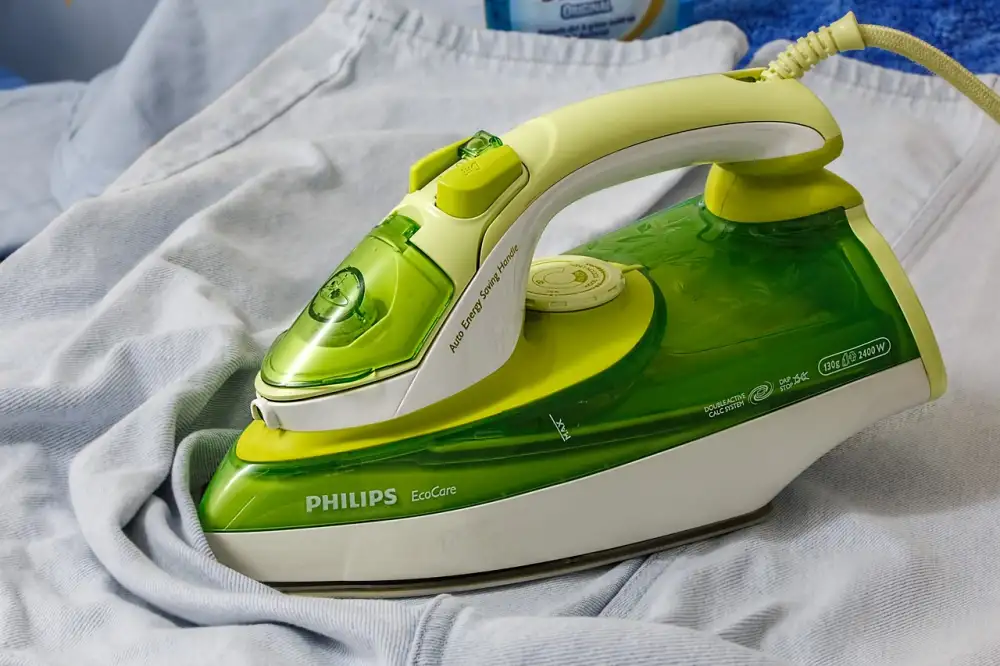Safe and Stylish: Upgrade Your Home with Non-Toxic Kitchen Appliances

In recent years, the demand for non-toxic kitchen appliances has been on the rise as more people become aware of the potential health risks associated with traditional kitchen appliances. Non-toxic kitchen appliances are designed to minimize exposure to harmful chemicals and substances that can leach into food during cooking or storage. These appliances are made from materials that are free from toxic chemicals such as lead, cadmium, phthalates, and BPA. By upgrading to non-toxic kitchen appliances, you can create a safer and healthier environment for you and your family while also reducing your carbon footprint.
Benefits of Using Non-Toxic Kitchen Appliances
Using non-toxic kitchen appliances offers numerous benefits for both your health and the environment. These appliances are free from harmful chemicals such as lead, mercury, and phthalates, which can leach into food and cause serious health issues. By opting for non-toxic appliances, you reduce the risk of exposure to these harmful substances, leading to a healthier home environment. Additionally, non-toxic kitchen appliances are often more energy-efficient, helping you save on utility bills while reducing your carbon footprint. Investing in non-toxic appliances is not only a smart choice for your well-being but also for the planet.
Common Harmful Substances Found in Kitchen Appliances
Common harmful substances found in kitchen appliances include BPA (Bisphenol A) and phthalates, which are often found in plastic components of appliances like food storage containers and blender parts. These chemicals can leach into food and beverages, posing health risks such as hormonal disruptions and potential links to certain cancers. Lead is another concerning substance present in older ceramic dishes or cookware, which can contaminate food if the glaze is cracked or chipped. Additionally, Perfluorooctanoic acid (PFOA) used in non-stick coatings on pans has been associated with adverse health effects when overheated. Regularly inspecting appliances for signs of wear and tear can help prevent exposure to these harmful substances.
Tips for Choosing Non-Toxic Kitchen Appliances
When choosing non-toxic kitchen appliances, look for products that are certified by reputable organizations like the Environmental Protection Agency (EPA) or Energy Star. Opt for appliances made from stainless steel, glass, or cast iron as they are less likely to leach harmful chemicals into your food. Avoid products with non-stick coatings containing perfluorooctanoic acid (PFOA) and perfluorinated compounds (PFCs), which can release toxins when heated. Additionally, consider purchasing appliances with removable parts that are easy to clean thoroughly to prevent the buildup of bacteria and mold.
Top Non-Toxic Kitchen Appliance Brands
When it comes to choosing non-toxic kitchen appliances, selecting reputable brands known for their commitment to safety and quality is essential. Some top brands in the market that offer non-toxic kitchen appliances include Bosch, KitchenAid, Miele, and GE Appliances. These brands prioritize using materials that are free from harmful chemicals such as BPA, lead, and phthalates in their manufacturing processes. By opting for products from these trusted brands, you can ensure that your kitchen is equipped with appliances that are not only stylish and efficient but also safe for you and your family.
How to Maintain and Clean Non-Toxic Kitchen Appliances
To maintain and clean non-toxic kitchen appliances, it is important to follow the manufacturer's instructions. Use mild, eco-friendly cleaning products to avoid introducing harmful chemicals into your appliance. For stainless steel surfaces, a mixture of water and vinegar can effectively remove stains and fingerprints. Regularly check for any signs of wear or damage on seals, cords, and other parts that may compromise the appliance's safety. Wipe down appliances after each use to prevent food buildup and bacteria growth. Proper maintenance will ensure the longevity of your non-toxic kitchen appliances while keeping them safe for use in your home.
In conclusion, upgrading to non-toxic kitchen appliances is a crucial step towards creating a safe and healthy kitchen environment for you and your family. By choosing appliances free from harmful substances such as lead, BPA, and phthalates, you can reduce the risk of exposure to toxins while cooking. Opting for reputable brands known for their commitment to producing non-toxic products ensures quality and reliability. Regular maintenance and cleaning of these appliances will not only prolong their lifespan but also contribute to a hygienic cooking space. Prioritizing non-toxic kitchen appliances is not just about style but also about safeguarding your well-being in the heart of your home.
Published: 22. 03. 2024
Category: Home



